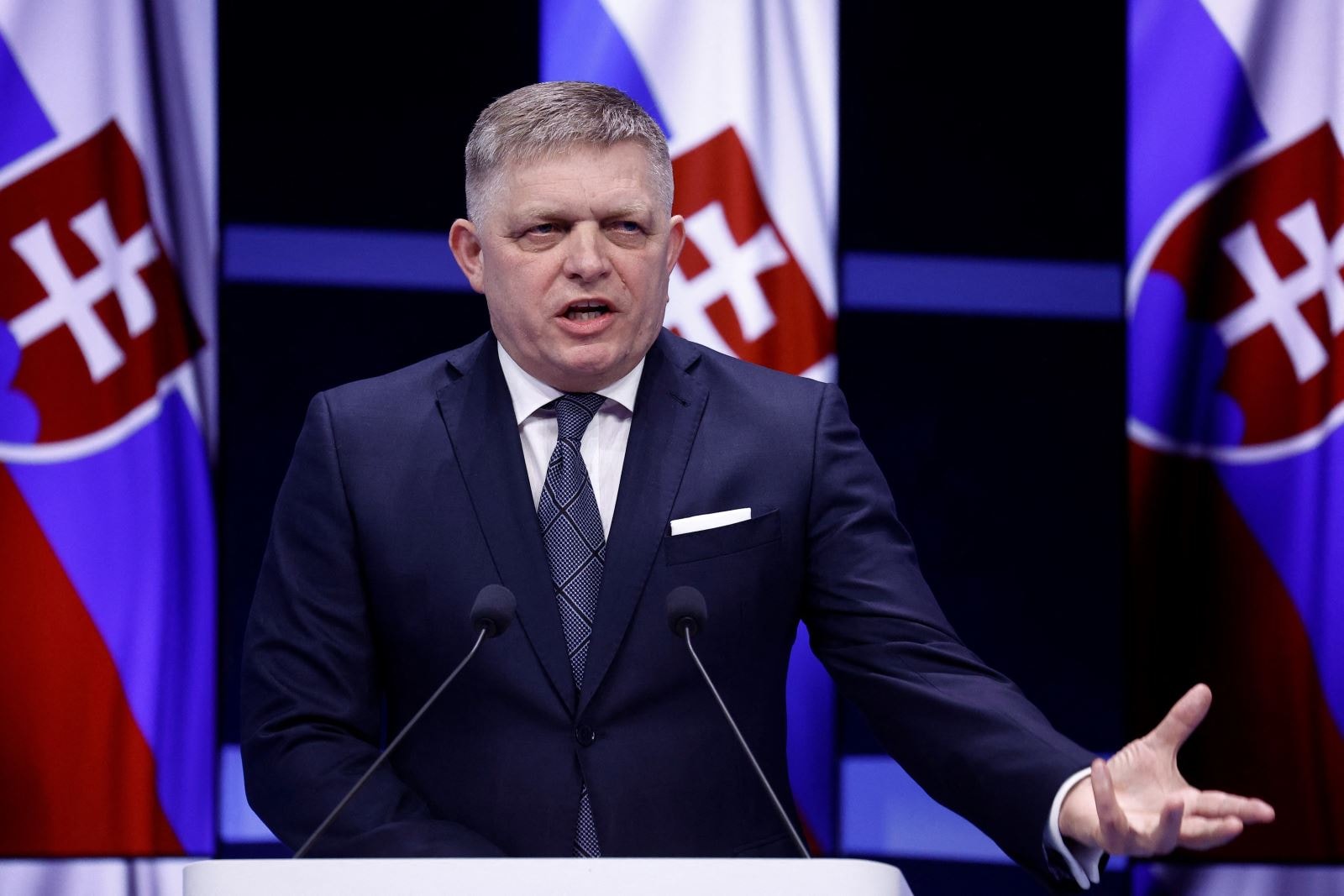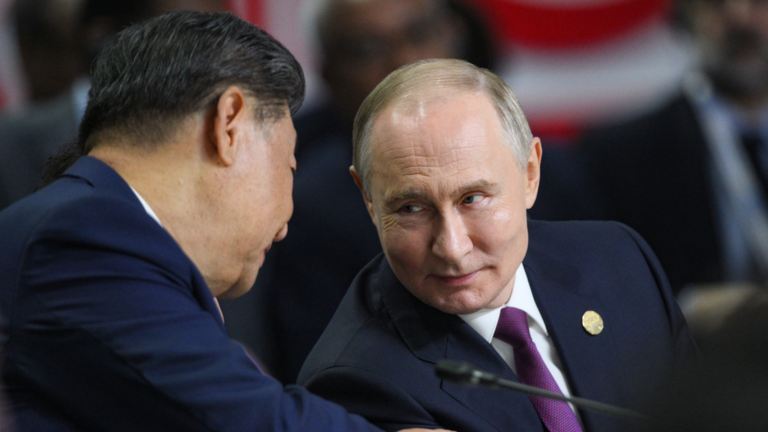The world in 2024 and the situation in the period 2025 - 2028
In 2024, the world witnessed a serious political crisis in Western countries. The main focus was on G7 countries such as the US, France, Germany, and Japan. Nghe An Newspaper had an interview with Associate Professor, Dr., Major General Le Van Cuong - former Director of the Institute of Strategic Sciences, Ministry of Public Security, to dissect this major crisis and its impacts on the world situation in the coming time.
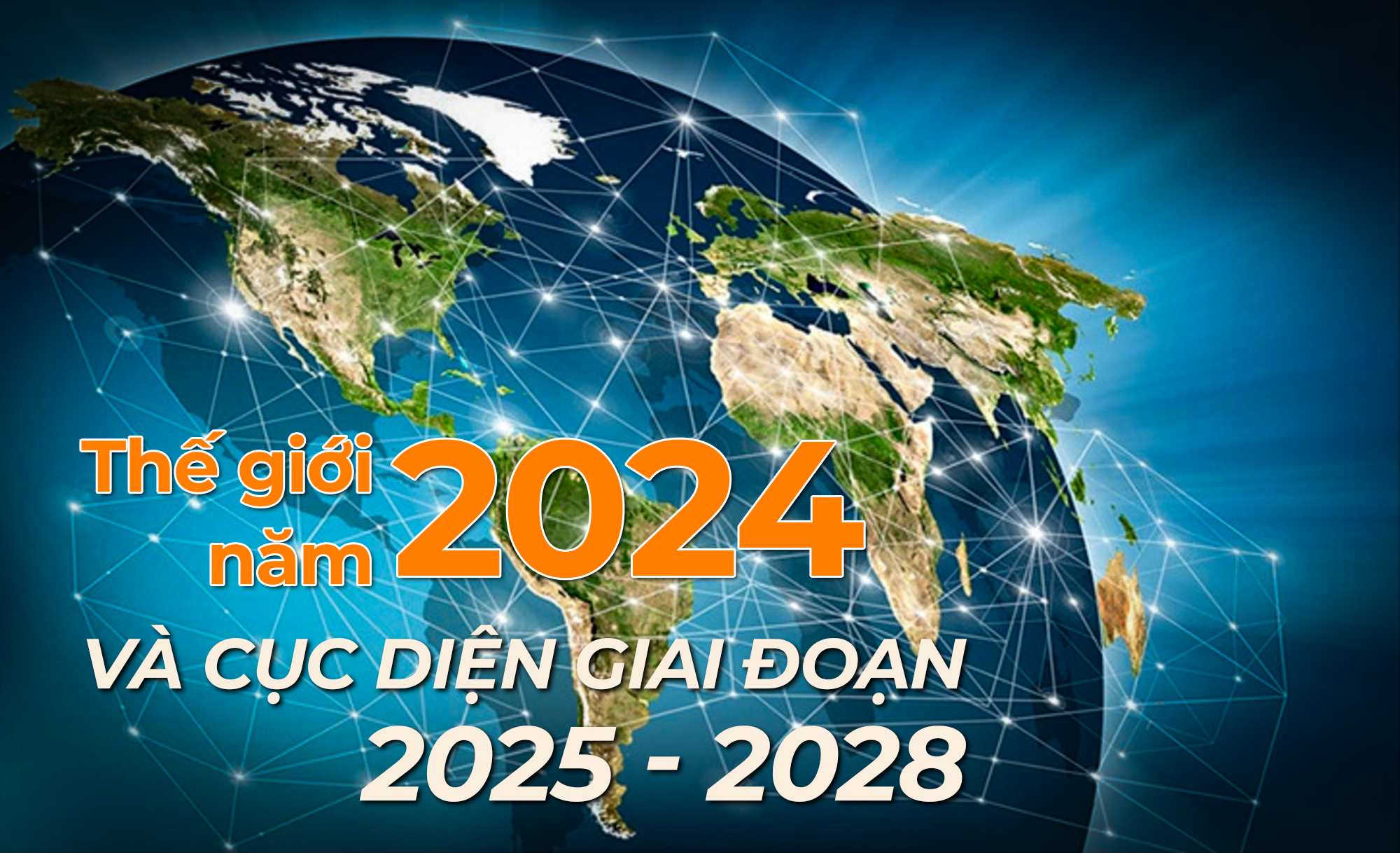
.png)
America and Russia(Implementation) • January 27, 2025
PV:Dear Major General, what outstanding events will mark the world picture in 2024, and why?
Major General Le Van Cuong:Every year, there are many major events in the world in terms of economics, politics, security, foreign affairs, and natural disasters. One of them will create a distinctive mark. For example, 2021 - 2022 is the period when the Covid-19 pandemic broke out, causing a global disaster. Along with that, the Russia - Ukraine conflict is a prominent event of 2022. Or in 2023, the world was surprised by the largest-scale attack in more than 7 decades by Hamas on Israel, leading to a brutal war between Israel and Hamas and Hezbollah. Entering 2024, conflicts in Ukraine and the Middle East continue, but are not "heavy" enough to mark a year. The severe political and social crisis in the US, Japan, and in key powers of the European Union (EU) has created the most prominent mark of the world in 2024.
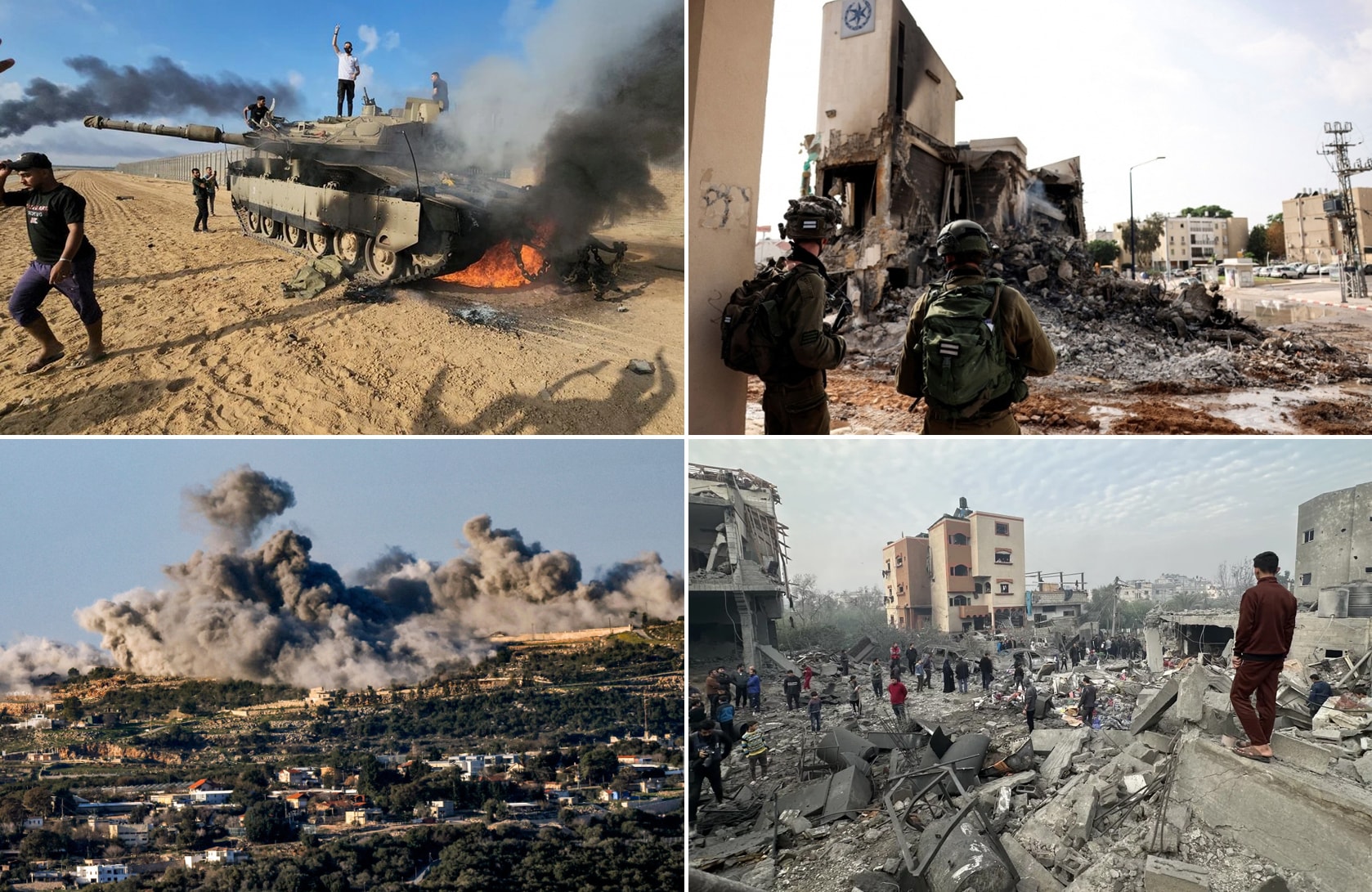
PV:To clarify the above issue, let's start in Europe. Looking back at the political developments of the "old continent" in 2024, from a symbol of peace and prosperity, to a place witnessing much chaos. Can the Major General clarify the instability and its underlying causes?
Major General Le Van Cuong:Since the middle of the second decade of the 21st century, the EU has begun to face many difficulties from within the bloc and pressure from outside, mainly from the US. Entering the third decade of the 21st century, the EU has fallen into an increasingly serious economic, political and security crisis. The European Parliament (EP) elections in June 2024 have shown the reality of the EU. The EP elections are a race between liberal and center-left parties and center-right, conservative, extremist and far-right parties. The competition between these political forces will have a huge impact on European policy in the next 5 years, especially on important issues related to the existence of the union such as: security - defense; immigration; the role of Ukraine; Europe's relations with the US, Russia and China; combating climate change...
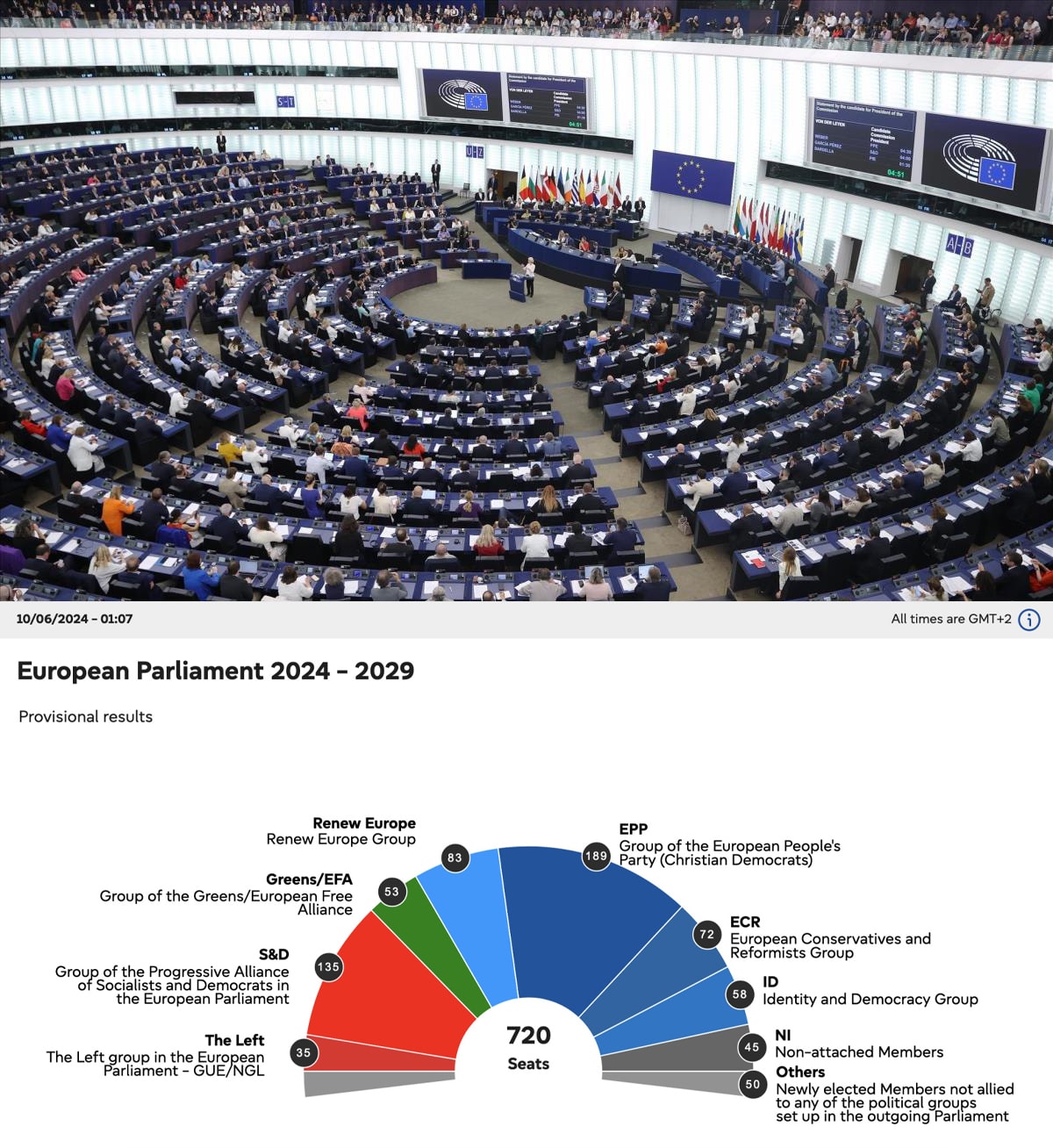
Compared to previous EP elections, 2024 is different in one way - the rise of populism and far-right movements across Europe has led to the greatest political polarization in Europe since 1979 - the first year of EP elections. The growth of these movements has been deepening the inherent conflicts between member states.
The results of the EP elections in June 2024 further illustrate the current socio-political crisis in Europe. In France, the far-right National Front party under the leadership of Jordan Bardella defeated President Emmanuel Macron's Renaissance Party. After the defeat, Mr. Macron was forced to dissolve the National Assembly and hold early elections.

In Germany, Chancellor Olaf Scholz's Social Democrats received their lowest result ever, with 14% of the vote, while the far-right Alternative for Germany party won 16.5%. The German Chancellor's cabinet also fell into a serious crisis and was forced to hold early elections in January 2025.
A similar scenario played out in Belgium, Italy, Hungary, Spain, and the Netherlands, where far-right populist parties made huge gains against the ruling parties.
On May 26, 2024, French President Emmanuel Macron declared that Europe was experiencing a democratic crisis and facing a record of "internal and external enemies", and Europe was at risk of complete collapse.
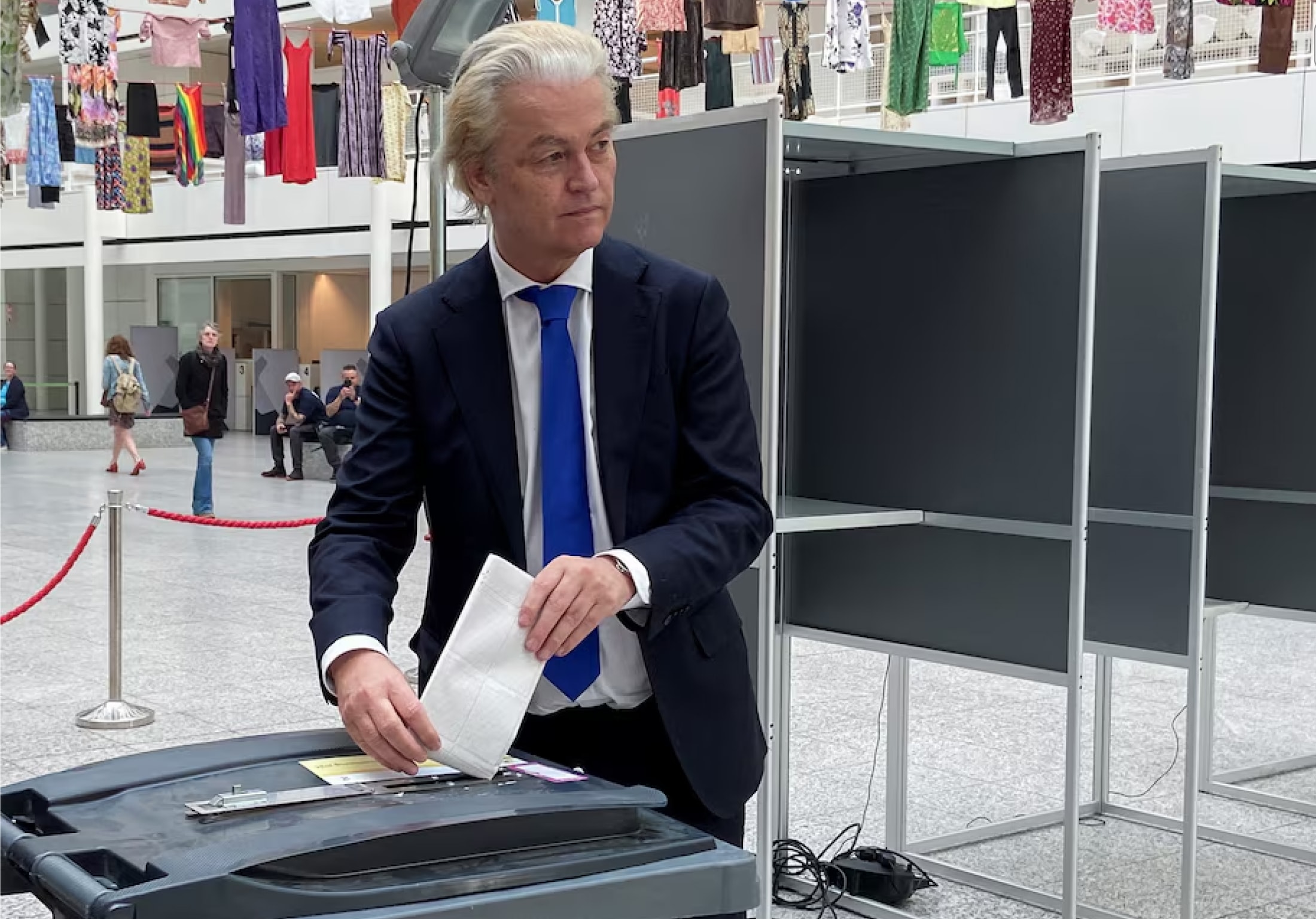
PV:Major General, not only in Europe, but also in Asia last year witnessed political crises such as in Japan and South Korea. These are countries that are both economic locomotives of the region and large democracies, but are facing many risks. Could you please analyze this further?
Major General Le Van Cuong:In Japan, Mr. Fumio Kishida took office as Prime Minister in early October 2021 and had to resign in September 2024 - a year before the end of his 4-year term. The direct cause was that dozens of politicians of the ruling Liberal Democratic Party (LDP) were involved in a financial scandal of about 600 million Yen - undocumented political donations, corruption, and bribery.
In late September 2024, Mr. Ishiba Shigeru was elected by the LDP as President and became the 103rd Prime Minister of Japan on October 1, 2024. However, after only 4 weeks in office, Mr. Ishiba's approval rating dropped to 20% due to policy mistakes. To save the situation, Prime Minister Ishiba decided to hold a special election at the end of October, but the LDP once again suffered defeat - losing the majority of seats in the House of Representatives.
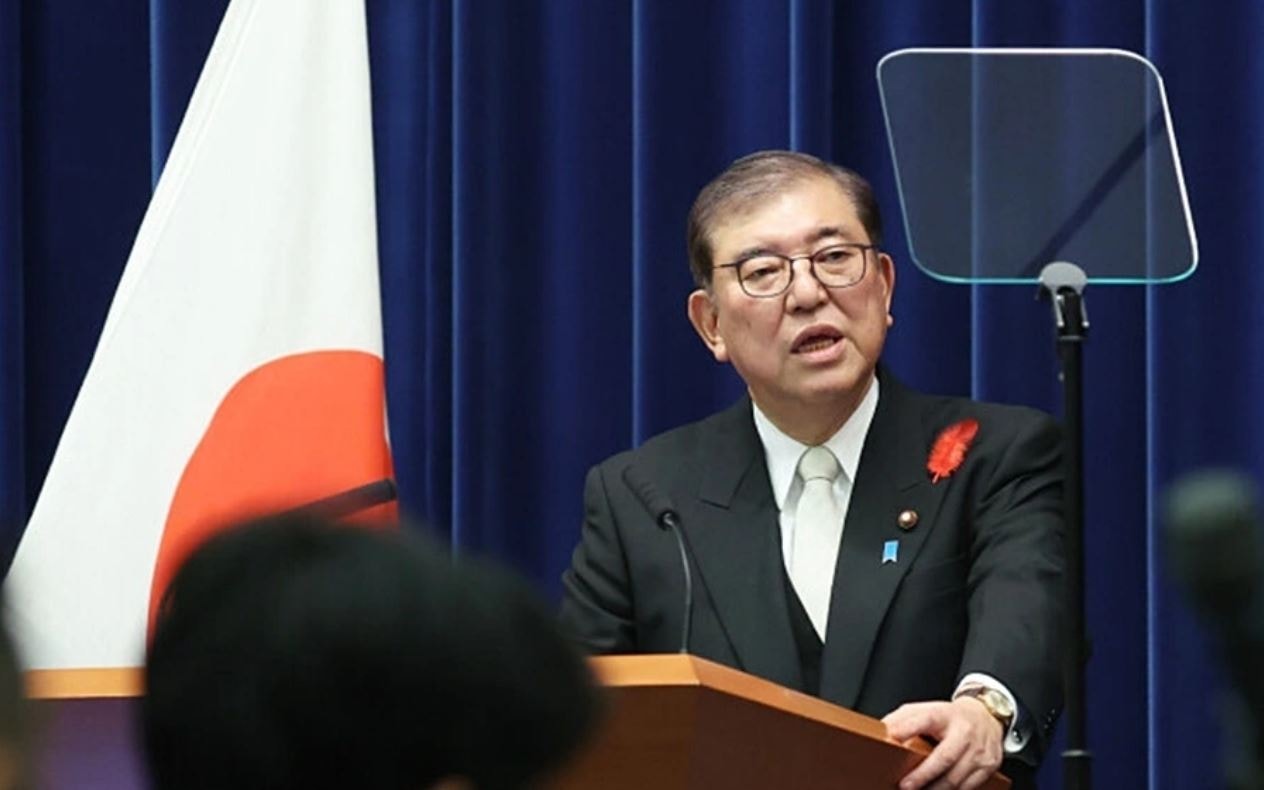
So why is the LDP - the oldest and strongest political party - in such a terrible crisis? In fact, this is a crisis that has been brewing for a long time in Japan. During his 3 years in power, Mr. Kishida did not pay much attention to the needs of the people and social security, but focused on strengthening allies, increasing defense spending, including close cooperation with NATO, encouraging alliance expansion into Asia... This is considered a wrong policy of the Kishida administration and the LDP had to accept defeat after 70 years of dominating Japanese politics.
Current Prime Minister Ishiba, a Kishida appointee, has been an ardent proponent of an “Asian NATO” security structure with the US-Japan alliance at its core.
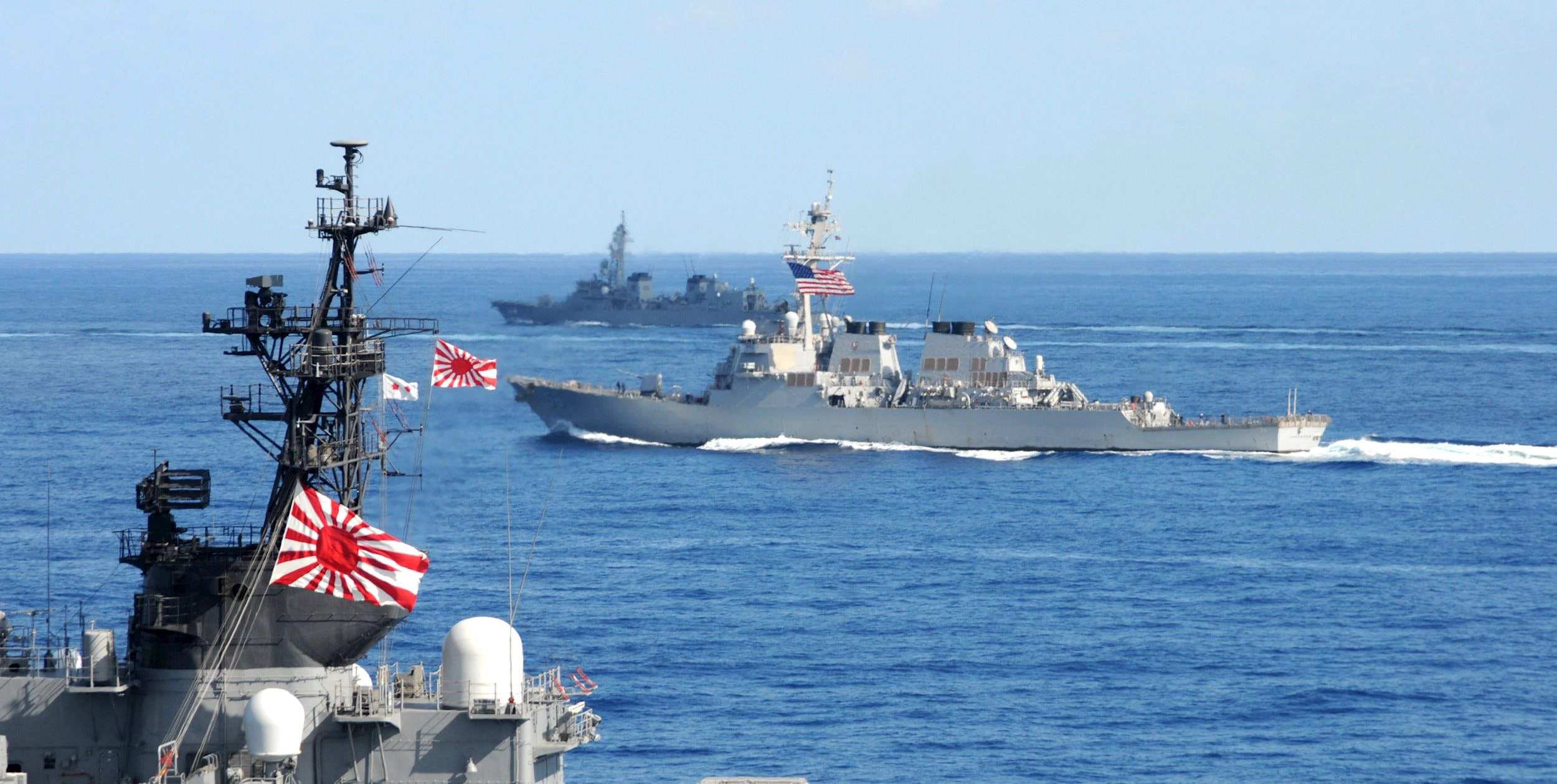
It seems that Prime Minister Ishiba is following in the footsteps of his predecessor. The future ahead for Prime Minister Ishiba is unpredictable and full of challenges. Japanese politics may be plunged into crisis for many years to come.
PV:We cannot help but mention the US election - the biggest election with the most complicated process on the planet, which has consumed a lot of ink from the media and observers in 2024. Can the Major General summarize the highlights of this election?
Major General Le Van Cuong:The 47th US presidential election has attracted the attention of the world's public opinion, because the US is a superpower. Economically, the US has the largest economy in the world, playing a dominant role in global economic institutions such as the World Bank, the International Monetary Fund, and the World Trade Organization. In terms of defense and security, the US determines the activities of NATO and other bilateral alliances.
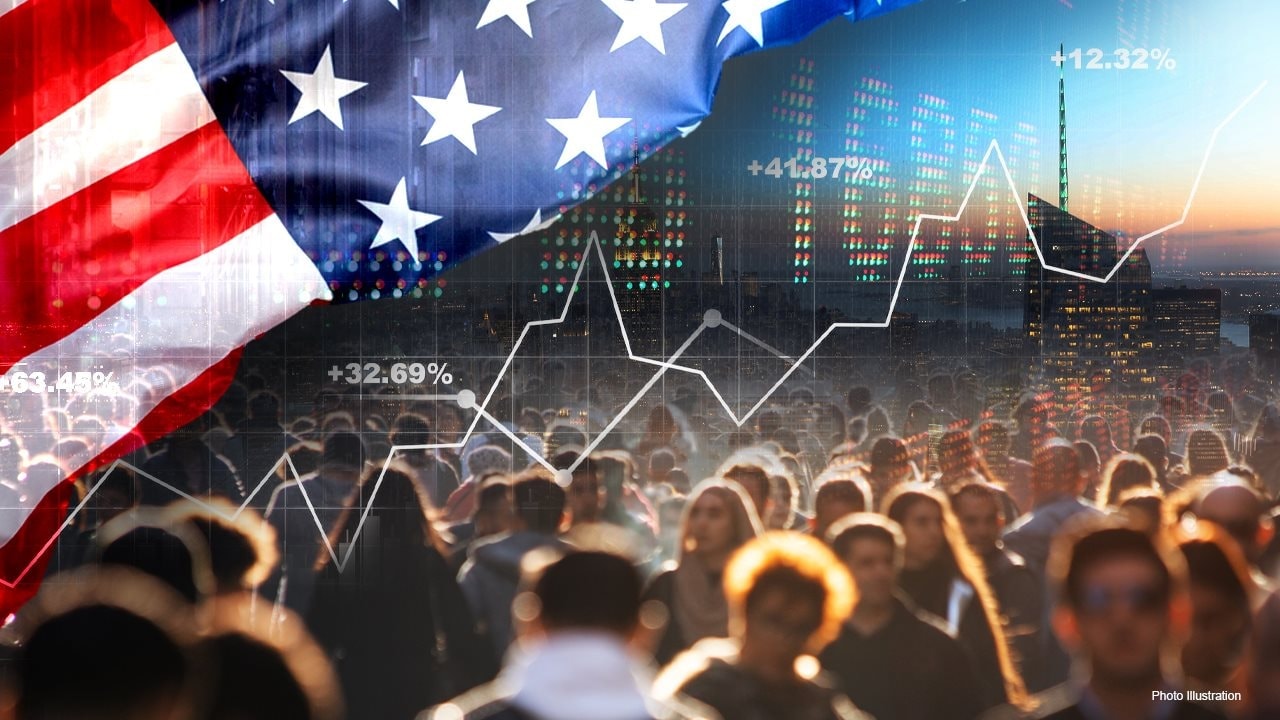
With such comprehensive power, the US plays a dominant role in the economic, political and security development of the world. To varying degrees, the activities of the White House owner affect the interests of other countries, especially major countries.
There are three differences in the 2024 US election: Republican candidate Donald Trump has been assassinated twice and is running for office while facing a series of criminal cases; American politics is deeply divided like never before, voters have lost confidence in the government; the US is waging a proxy war against Russia in Ukraine, and directly participating in Israel's war against Hamas in Gaza and against Hezbollah in Lebanon.
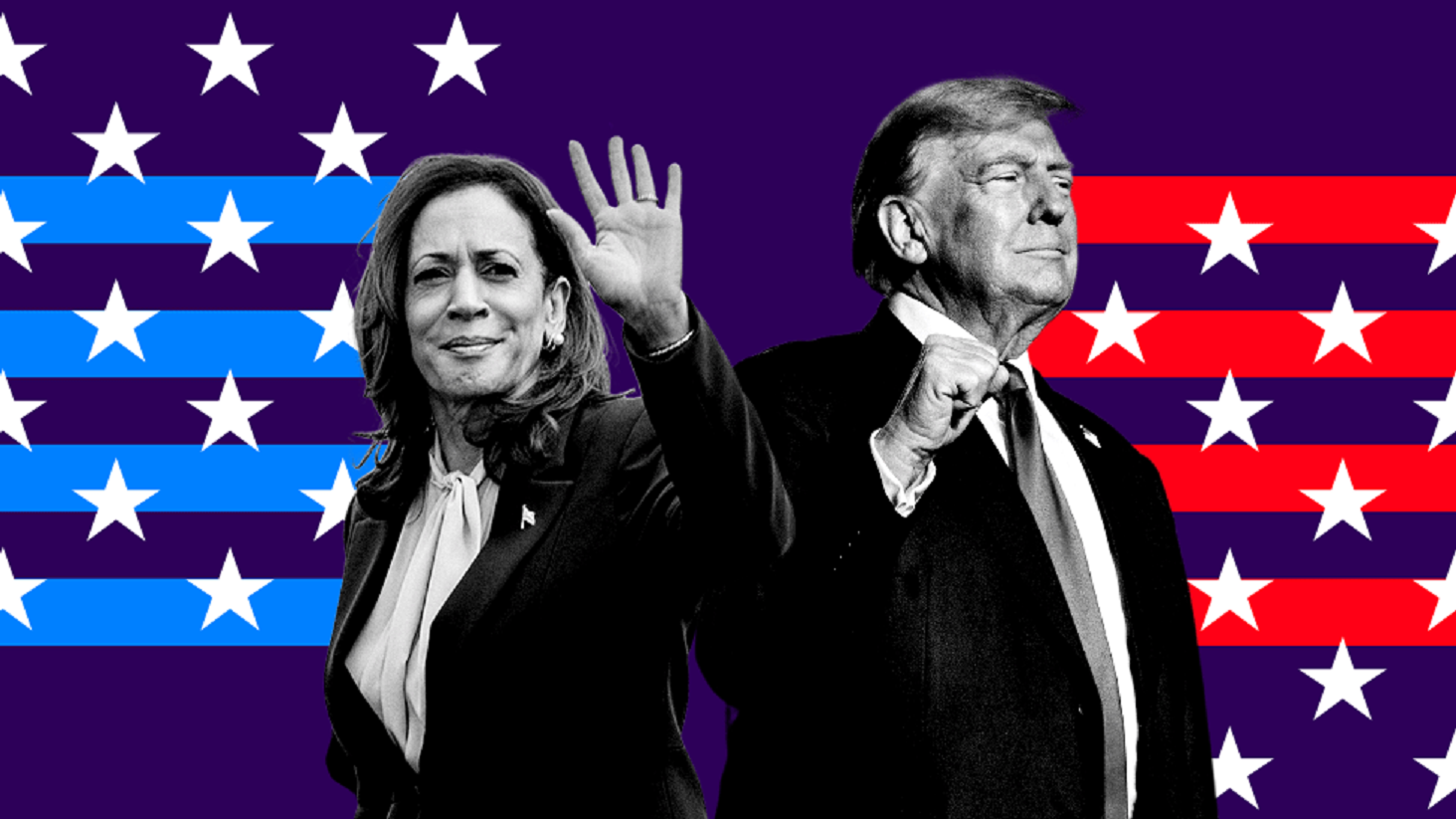
Former President Donald Trump's overwhelming victory is explained by many reasons. During the 4 years under the leadership of President Joe Biden's administration, the US economy fell into the highest inflation in the past 30 years. As a result, people had to struggle with the cost of living crisis. This led to the Biden - Harris administration losing the trust of the people, and voters turned to choose Mr. Trump. Moreover, during the election campaign, Vice President Harris did not propose a feasible solution to solve the economic problem.
Mr. Trump's victory shows that the Biden administration and the Democratic Party have continued to push the superpower into a serious crisis, especially in the political and social fields. In the next 4 years (2025-2028), can the Trump 2.0 administration pull the superpower out of the current great crisis? Most likely, Mr. Trump will deepen the inherent contradictions in society and push the US into a deeper crisis.
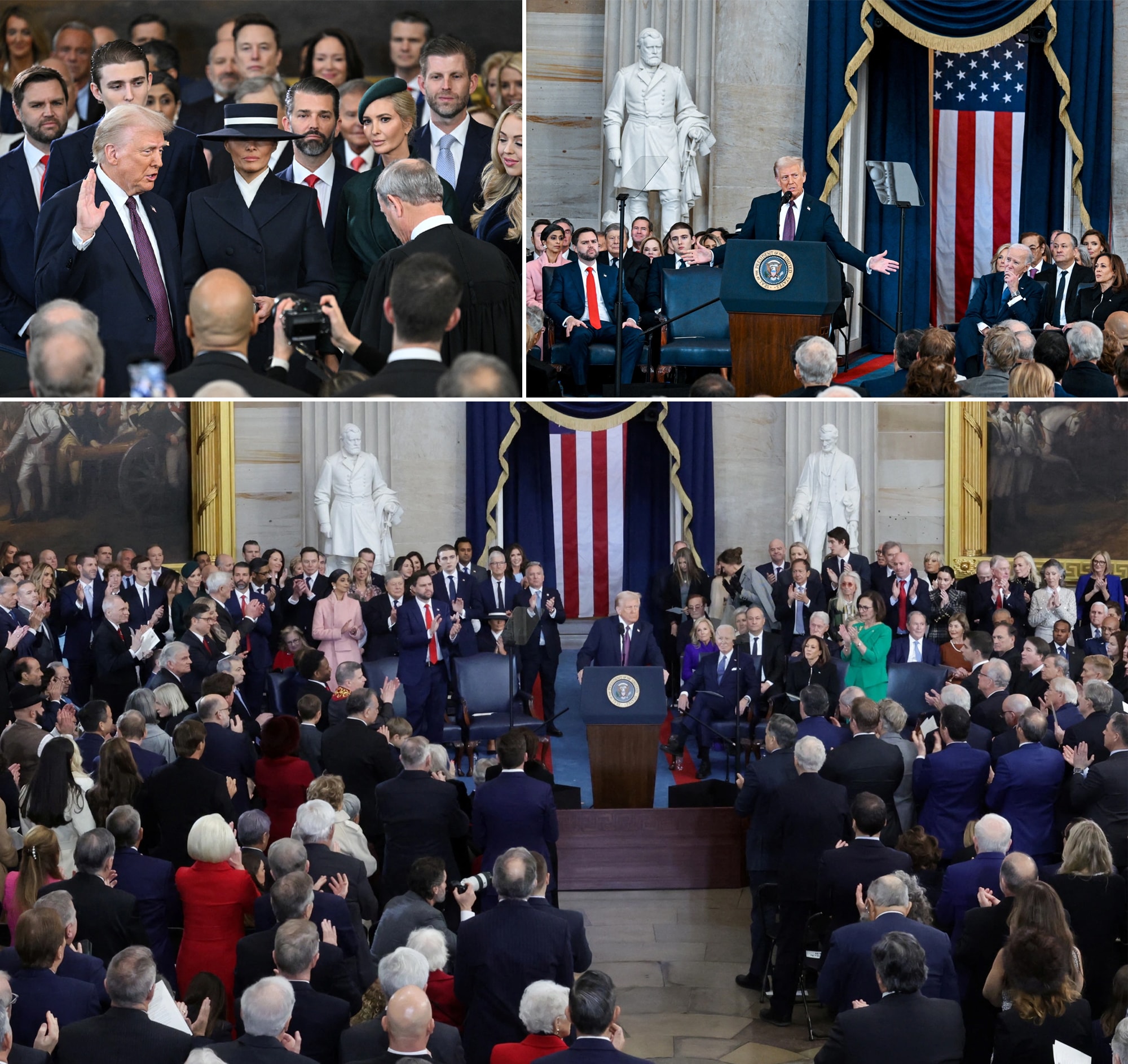
PV: So, Major General, under the influence of the Trump 2.0 administration, what will the world situation be like in the period 2025 - 2028?
Major General Le Van Cuong:The world is uncertain, and no one can say for sure under Trump 2.0.
To make a prediction, I think that with Mr. Trump's characteristic "unpredictable" personality, the world will become more unstable, insecure, unpredictable, and may even become more serious.
In terms of economy, the 47th President of the United States will use the “sacred sword” of tariffs to strike every economy, regardless of whether it is an ally, partner or opponent. However, President-elect Trump’s tariffs will not make “America great again”, but the American people will have to cope with more difficulties, and the world economy will become more fragmented and in recession.
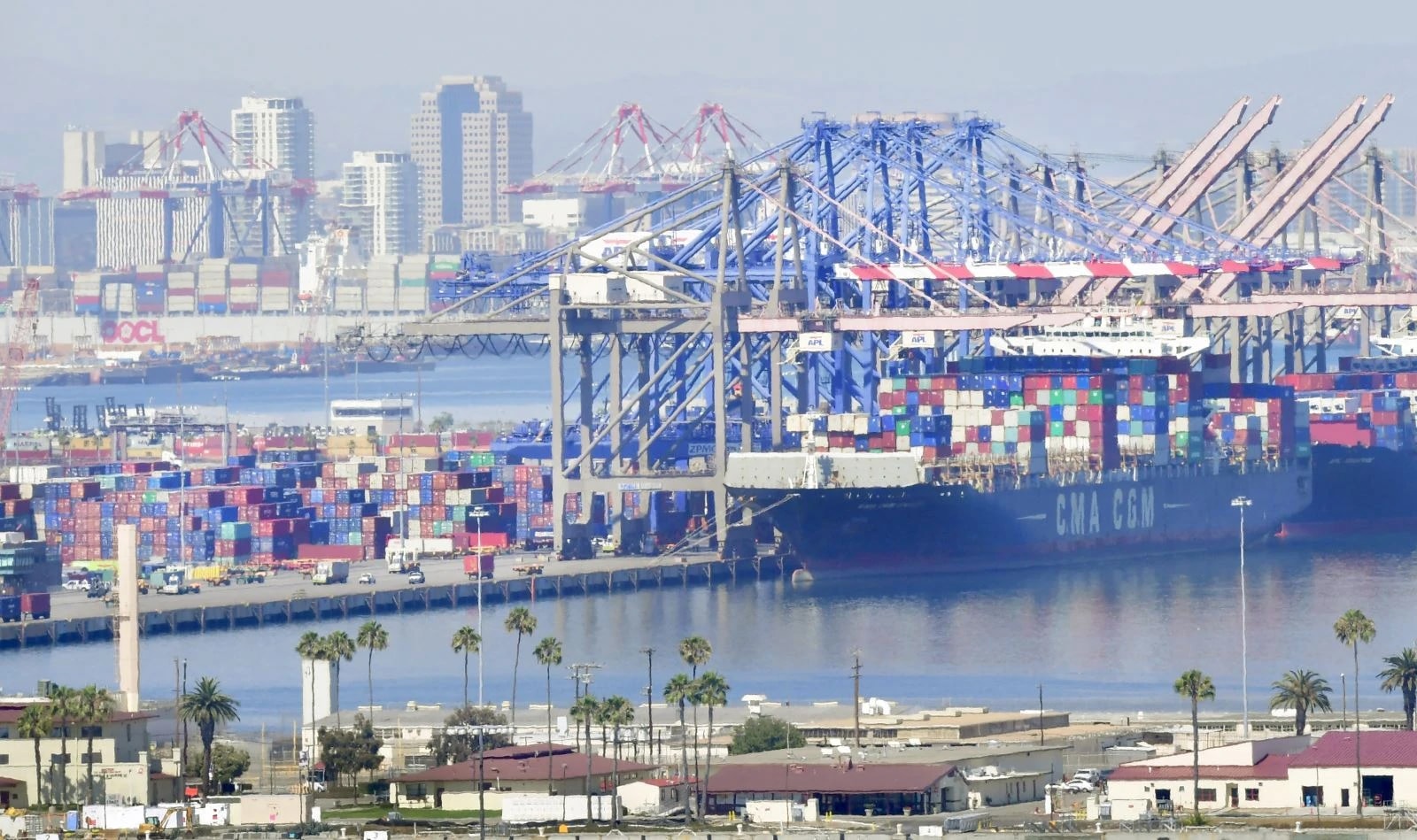
Regarding the Ukraine conflict, Mr. Donald Trump has repeatedly declared that he will end it. Mr. Trump's principle is to achieve peace based on strength. The equation for solving the Russia-Ukraine problem through the "Peace Plan" proposed by Mr. Trump's team can be imagined as follows: Ask the President of Ukraine to negotiate with Russian President Vladimir Putin to end the war. If Mr. Zelensky does not accept, Mr. Trump will cut off military aid. And if President Putin does not comply with the request, Mr. Donald Trump will increase economic and military aid to Kiev, and at the same time ask Europe to defeat Russia together.
It is likely that President Zelensky will comply with Mr. Trump's request, but the Russian leader will not. Thus, it is possible that President-elect Donald Trump will push the Russia-Ukraine conflict into a more devastating one, even not excluding the possibility of a direct confrontation between NATO and Russia.
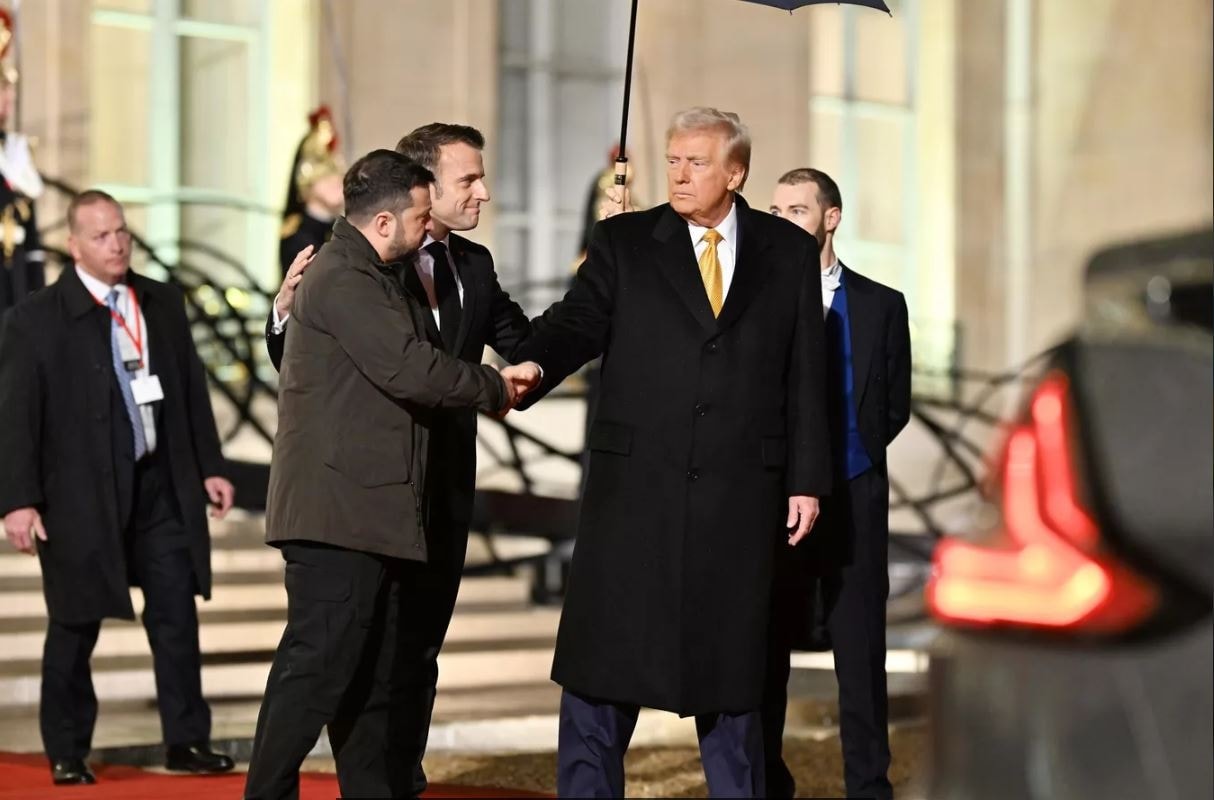
French scholars have predicted the risks and uncertainties for the world in Donald Trump's second term as follows: "The biggest risk of our time is the return of a selfish and arrogant America, under the leadership of a person who does not care about the diversity of the world. Instead of achieving a new global order through agreements and consensus, the world may have to go through fierce tensions and confrontations before a new order is formed."
PV: Thank you, General!

.png)
